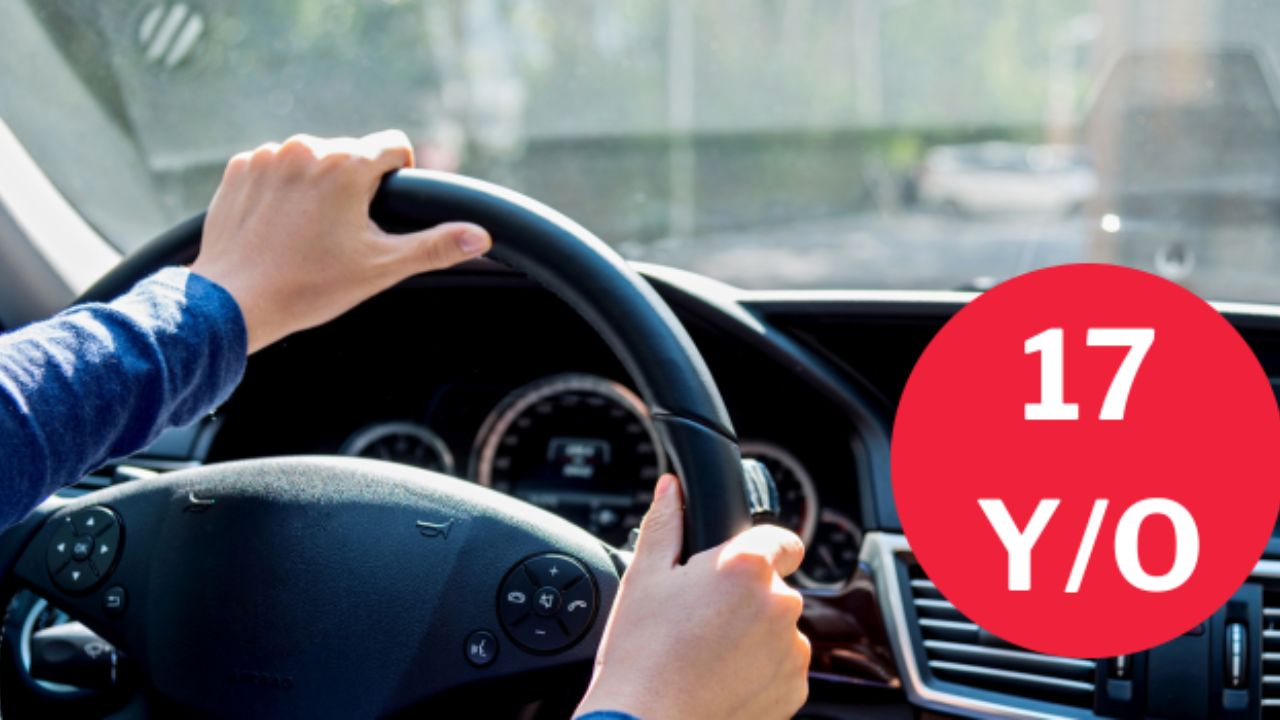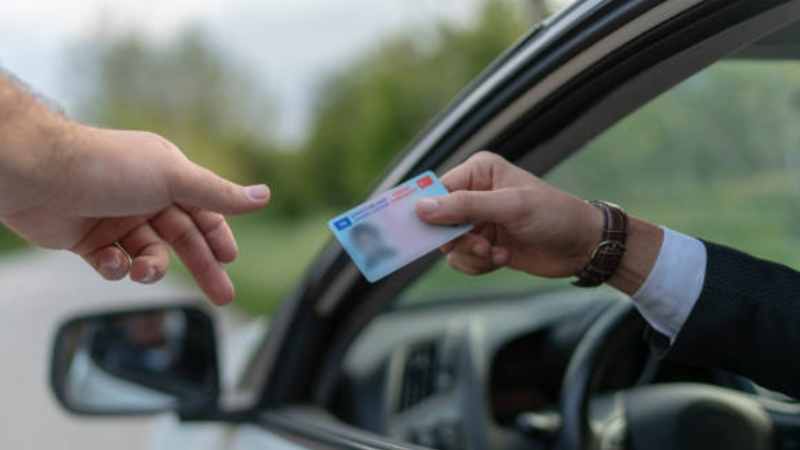
17-Year-Olds Will Soon Be Able to Drive in UAE
In a groundbreaking decision, the United Arab Emirates has officially approved a new federal law that will allow 17-year-olds to legally obtain a driving license. This policy, passed in mid-2025, represents a major milestone in the country’s evolving transportation, education, and youth development strategies. The reform reflects the UAE’s long-term vision to modernize mobility systems while empowering younger generations with greater independence and responsibility.
Historically, the UAE required drivers to be at least 18 years old to obtain a full driving license. Lowering the age limit by one year may appear minor, but it signals a significant policy shift with wide-ranging implications for education systems, family lifestyles, labor markets, and even urban planning. The initiative also demonstrates the government’s willingness to align regulations with global standards while adapting them to local cultural and economic realities.

The Timeline and Implementation Details
According to the UAE Ministry of Interior, implementation will begin in phases to ensure that road safety standards remain uncompromised while infrastructure and training systems are updated accordingly. Authorities are prioritizing a controlled rollout that integrates education, testing, and monitoring technologies.
Key implementation milestones include:
Learner’s permits expected to become available by late 2025
Driving tests and issuance of full licenses beginning in early 2026
Integration of mandatory driving education into secondary school curricula
The education component is particularly important. Schools will incorporate traffic awareness programs combining classroom theory, virtual driving simulations, and supervised road practice. This approach mirrors advanced driver-training models used in developed countries, which have proven effective in reducing accident rates among young drivers. Additionally, parental consent will be mandatory, and applicants must demonstrate good behavioral records. Authorities are also exploring digital platforms where parents can monitor driving progress, attendance in training sessions, and test readiness.
Why This Change Now?
The decision to allow younger drivers reflects broader social and economic priorities across the United Arab Emirates. As the nation continues to invest in youth development, workforce readiness, and smart mobility infrastructure, enabling earlier access to driving is seen as a strategic step toward building independence and responsibility among young residents. Rapid urban expansion in cities like Dubai and Abu Dhabi has also increased transportation demands, making personal mobility more important than ever for students and families. By introducing this reform now, policymakers aim to align transportation regulations with future economic goals while supporting evolving lifestyle needs.

Enhancing Youth Mobility
One of the most immediate benefits is increased independence for students. In many UAE households, families invest heavily in private school transport services, chauffeur arrangements, or ride-hailing expenses. Allowing teenagers to drive can significantly reduce logistical burdens on parents while giving young individuals greater autonomy. Improved mobility also enables easier participation in extracurricular activities, tutoring sessions, internships, and social engagements. For university-bound students, early driving experience can ease the transition into adulthood and professional life.
Supporting Economic Participation
Economic considerations are another driving force behind the reform. Youth mobility often correlates with employment participation. When transportation barriers decrease, opportunities for internships, part-time jobs, and entrepreneurial activities increase. Government data indicates that youth employment participation remains an area for growth. Enabling independent commuting may help students access jobs in sectors such as retail, hospitality, logistics, technology services, and real estate support roles. Over time, this could contribute to workforce development and economic diversification goals outlined in national strategies.
Modernizing Infrastructure and AI-Driven Transport
The UAE has invested heavily in smart mobility ecosystems, including AI-powered traffic management, smart parking systems, autonomous vehicle testing, and connected infrastructure. Cities like Dubai and Abu Dhabi are positioning themselves as global leaders in future transportation. Introducing drivers earlier into this technologically advanced environment allows younger generations to adapt naturally to emerging innovations such as semi-autonomous vehicles, intelligent navigation systems, and mobility-as-a-service platforms. In the long term, this creates a population that is more technologically literate in transportation behavior.
Road Safety and Regulation Concerns
Naturally, the decision has sparked discussions around safety, maturity levels, and accident risks. Younger drivers statistically carry higher accident risks worldwide, which is why UAE authorities are implementing strict regulatory controls.The Roads and Transport Authority is collaborating with international experts to design a licensing framework that prioritizes safety while maintaining accessibility.
Proposed safety measures include:
Night driving restrictions without adult supervision
Speed limitations for newly licensed under-18 drivers
Mandatory digital driving logs and monitoring systems
Graduated licensing stages before obtaining full privileges
Insurance companies are also preparing specialized youth insurance products. These plans may use telematics technology to monitor driving behavior, reward safe driving habits, and manage risk exposure more effectively.
Implications for Real Estate and Urban Planning

Transportation policies often have a direct influence on how cities grow and how people choose where to live. Allowing 17-year-olds to drive could reshape residential preferences, particularly among families with teenagers and university-bound students. Increased mobility may boost the attractiveness of suburban communities, education hubs, and emerging districts that were previously considered less accessible without public transport. For urban planners and real estate developers, this policy creates new opportunities to design communities that integrate road connectivity, parking infrastructure, and youth-friendly amenities, potentially influencing long-term property demand and investment patterns across the UAE.
Increased Demand for Student-Friendly Housing
Greater mobility among teenagers and young adults could increase demand for housing near universities, training centers, and internship zones. Developers may respond by creating youth-focused residential communities offering:
Affordable rental options
Parking availability
Proximity to educational institutions
Access to highways and transportation corridors
This trend may particularly benefit emerging education clusters and suburban districts.
Shift in Property Value Across Suburbs
Areas previously considered less accessible due to limited public transport could gain attractiveness once younger residents can drive independently. Communities such as Dubai South, Al Barsha, and Jumeirah Village Circle may experience increased interest from families seeking affordability combined with mobility convenience. Over time, this could contribute to property price appreciation and rental demand growth in suburban markets, reshaping investment strategies.
Impact on Investment Insights and Market Behavior
For real estate analysts and investment platforms, demographic mobility changes are highly relevant indicators. When transportation access expands, residential demand patterns often shift accordingly.
Investors may begin monitoring:
New school and university developments
Road infrastructure expansion projects
Youth employment hubs
Affordable housing initiatives
Early identification of these trends can provide strategic investment advantages, particularly in emerging districts where property values are still developing.
Implications for Real Estate and Urban Planning
Beyond economics and infrastructure, this reform represents a deeper cultural shift. Granting 17-year-olds the responsibility to drive reflects increasing trust in youth capabilities and a broader vision of early adulthood preparation. It also aligns with the UAE’s national identity as a forward-thinking society that embraces innovation, empowerment, and modernization. Families may experience lifestyle changes as teenagers gain independence, potentially reshaping daily routines, commuting patterns, and social behaviors.
The decision to allow 17-year-olds to drive in the UAE is more than a transportation reform, it is a multi-dimensional policy with implications across education, economy, urban planning, and culture. By combining structured training, technological monitoring, and phased implementation, the country aims to balance opportunity with safety.
As the policy rolls out in 2026, its long-term effects will become clearer. However, one thing is certain: this initiative will influence how young people live, learn, work, and move across the Emirates, making it a transformation worth watching for families, educators, and investors alike.
Our data-driven insights help investors identify emerging opportunities early — whether that means targeting affordable family communities, rental-focused properties near universities, or growth corridors linked to new road networks. As the UAE continues to evolve its mobility landscape, staying informed through reliable market analysis becomes essential for making strategic real estate decisions.
To explore how transportation trends and policy changes may impact property values across the UAE, visit Valorisimo for the latest insights, market reports, and investment guidance.
Frequently Asked Questions (FAQ)
When will 17-year-olds officially be allowed to drive in the UAE?
The new law is expected to be implemented in phases, with learner permits potentially available by late 2025 and full licensing beginning in early 2026, according to announcements from the UAE Ministry of Interior.
Will there be special conditions for drivers under 18?
Yes. Authorities are planning a graduated licensing system that may include parental consent, supervised driving periods, speed restrictions, and possible curfew limitations to ensure safety for young drivers.
Will driving education be mandatory for teenagers?
Most likely. The government plans to integrate driving education into school curricula, combining theoretical learning, simulator training, and practical driving experience before students can qualify for a license.
Related Posts

Golden Visa Dubai: Complete Guide for Investors in 2025

UAE Mortgage Guide: 2025.

Service Charges in Dubai & Abu Dhabi 2025.

Spotlight on Dubai’s Most Active Developers in 2025

A Comprehensive Guide to Mortgages in Dubai Real Estate

How Cryptocurrency is Shaping the Future of Real Estate in Dubai

Living in Dubai: Expat Guide 2025

Buying Property in Dubai with Cryptocurrency

